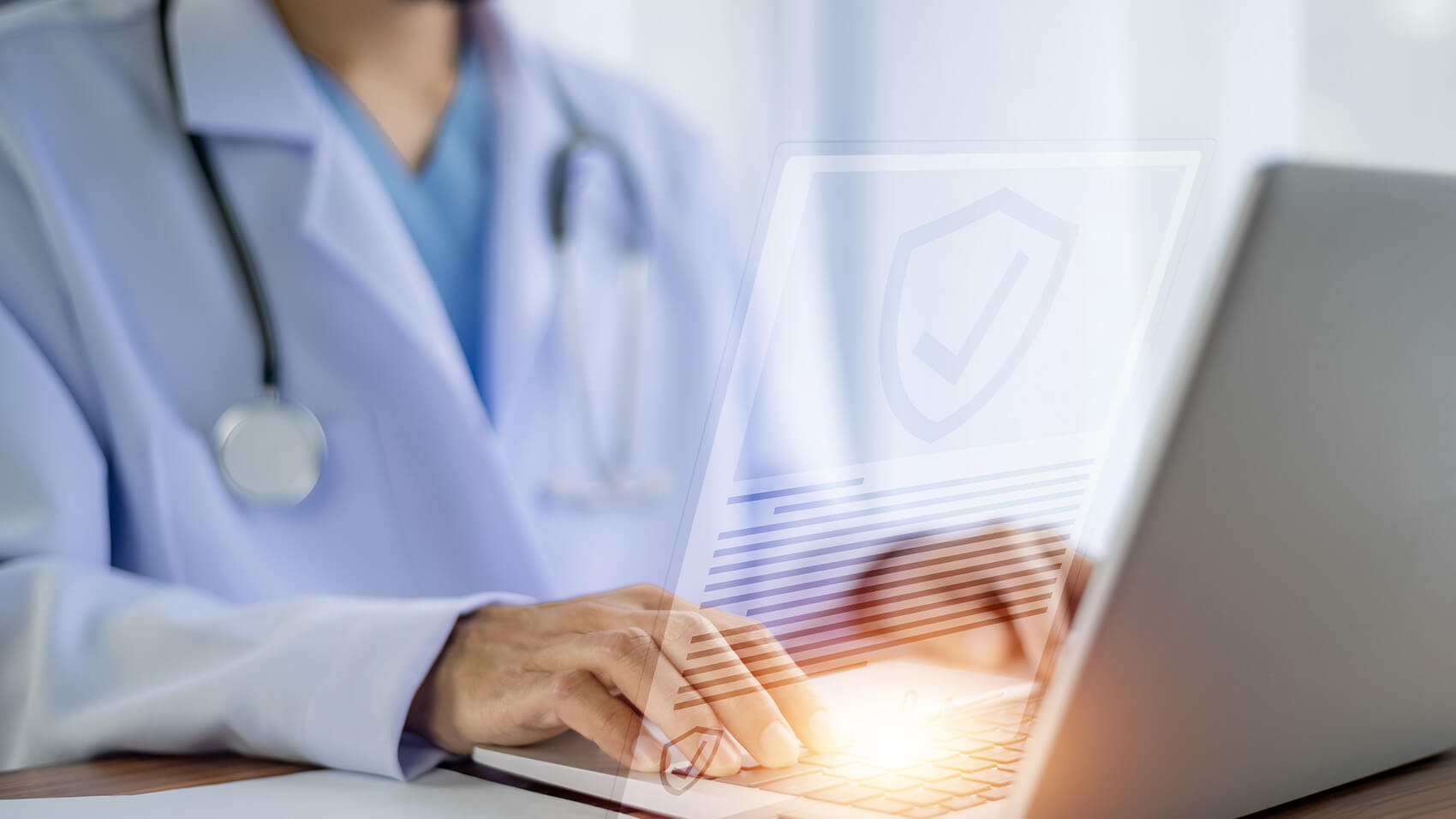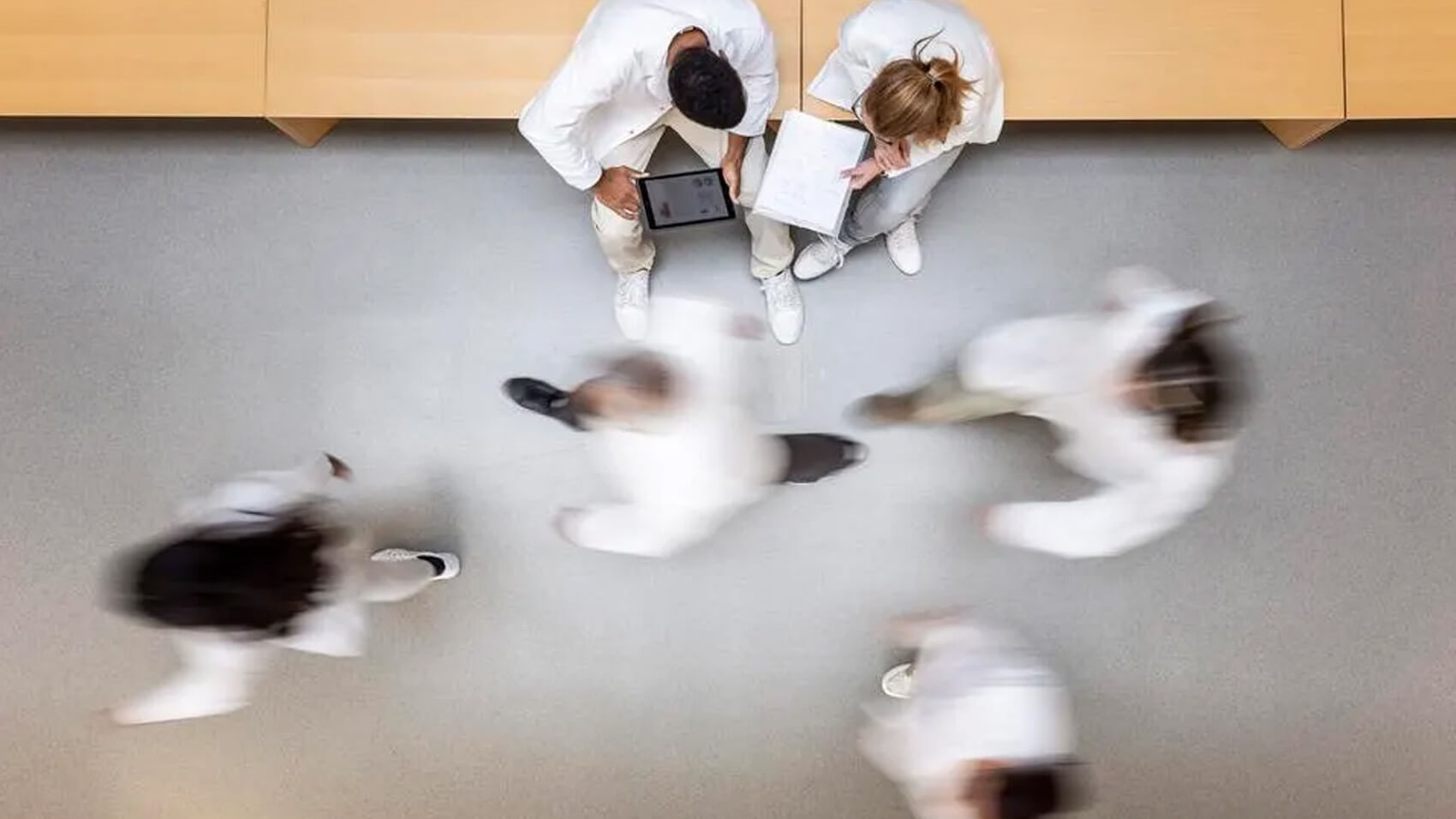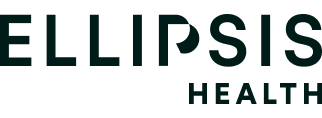As a child in Bangladesh, Mainul Mondal had more than a fair share of responsibility. With his father out at work, it often fell to a young Mainul and his sister to monitor their mother’s poor health.
“We would actually know what to do because it was measured in an objective way”, he recalls. “We had this workflow. If you find X, this is what you have to do.”
It wasn’t the same case when the labels of depression and anxiety came into the mix. The issues and their impacts were clear to see, but there was no structure in place to clearly explain what these behavioral disorders were. Born into a family of problem-solving entrepreneurs, this question took up permanent residency in Mainul’s mind over the following decades.
After relocating to the US, a new roadblock emerged. How does an American-born physician provide culturally sensitive care to a woman from Bangladesh who is reluctant to ask for help? Standard practice would be for her to fill in a survey aimed at detecting depression or anxiety, which throws up the dual problem of whether non-native English speakers fully understand the question and whether those who do understand will try to game the system, choosing the answer they feel is “correct”.
To provide a solution, Mainul would have to come up with a measurable vital sign for mental health that simultaneously avoids the pitfalls of self-reported states of mind and works equally well across all demographics. That solution would need to rely on vast data sets drawing on recordings of hundreds of thousands of patients of all backgrounds.
Early development and the focus on machine learning
In a time when the use of artificial intelligence and machine learning is so ubiquitous across industries, it’s easy to forget that the landscape in 2017 was a less dense space. But with a mission to make screening as reliable for mental health as it is for physical health, Mainul threw himself into the fledgling sector.
Realistically, the only way to gather enough data to build reliable algorithms was by absorbing vast amounts of samples from different demographics[1]. Having studied voice recordings from millions of people, these algorithms provide a viable data-driven triaging tool that alerts clinicians who can carry out further screening or direct their patients to specialist help at the right time.
Ellipsis Health’s algorithms are now leading the way in the industry, encompassing both semantics (what is said) and acoustics (how it is said). Natural language processing (NLP) technology allows us to scan 60-second recordings for signs of depression and anxiety, while also picking up on aspects such as pitch, intonation, and pace to provide a fuller picture. Mainul puts the process simply, saying we’re “mining a conversation for signals to measure depression and anxiety”.
Addressing ethics, privacy, and security
Massive data sets come with ethical concerns, which have been at the forefront of Ellipsis Health’s development from the outset. In addition to a rigorous consent process, we de-identify voice recordings of all personal health information and personal identifiable information as standard. Ellipsis Health is proud to be HIPAA, GDPR, and SOC2 compliant, and we’re working toward attaining HITRUST certification, which is a global risk management framework.
Mainul knows that trust is paramount: “The only way to make improvements to healthcare systems at scale is to leverage technologies responsibly and to build trust in new innovations among patients as well as medical professionals.”
Covering the diverse aspects of accessibility, scalability, smart business sense, ethics, and trustworthiness is no mean feat. It requires a multidisciplinary team of experts all pulling in the same direction.
Building a team for meaningful change
To drive his idea forward, Mainul teamed up with two co-founders: Susan Solinsky and Michael Aratow, MD. Susan is a powerhouse in business growth, development, and investment, and channels her wealth of experience into her role as Chief Growth Officer. Dr. Aratow is our Chief Medical Officer who while maintaining a clinical practice transitioned into health information technology executive leadership and became an angel investor and advisor to early-stage digital health companies.
The next addition was Elizabeth Shriberg, who joined the burgeoning team as Chief Science Officer in charge of our Machine Learning team. With a Harvard degree in Linguistics and a Master’s and a Ph.D. in Cognitive Science from Berkeley, Liz was an early advocate for speech technology. Her experience as Principal Scientist at SRI International and Microsoft, followed by a stint as Senior Principal Scientist working in speech and health at Amazon’s Alexa AI made her a perfect fit to lead the scientific strand of Ellipsis Health.
Today, we are proud to have a team of 45 diverse but united individuals who combine their expertise and allow us to continue developing and proving our vision. Led by a board of directors comprising C-suite health executives, dynamic investors, and AI and machine learning experts, we are proud to be at the pinnacle of where medicine meets tech to provide innovative solutions and better patient outcomes.
Expanding the potential of AI vocal biomarker technology with continuous research
Since the outset, the team at Ellipsis Health has thrown itself into studies on a scale that the area of vocal biomarkers had never seen before. We have looked into a diverse range of areas, from the efficacy of deep language models and transfer learning in mental health screening to using smartphone apps to help assess the mental health of senior citizens.
By dedicating attention to every step in the process, we can tailor our technology and integrate it with existing systems used by healthcare providers and payors. This is a key step in the democratization of accurate mental health screening as it breaks down common roadblocks such as cost, the inability to attend regular in-person sessions, and patient backlogs.
Our commitment to science continues today, and we’re proud to have the widest volume of peer-reviewed studies linking large-scale voice analysis to clinical depression and anxiety. We regularly collect promising results from independent review board studies at institutions such as the Mayo Clinic, Vanderbilt University Medical Center, and Mind Springs Health Depression Clinic, where Ellipsis Health helped to avert eighty crisis events.
Securing funding. Enabling growth.
This corpus of research has been the cornerstone of earning trust from financial backers, allowing us to propel our mental health innovations into the public sphere. We are backed by leading investors including Khosla Ventures, SJF Ventures, AIX Ventures, Marc Benioff of Salesforce, and Greycroft Ventures.
Our 2021 Series A funding round secured $26 million, bringing Ellipsis Health’s total funding to $35 million. This influx of capital doesn’t just allow us to expand our research and business ambitions, it is a strong endorsement of our potential to make a significant impact on mental healthcare.
Partnerships based on trust and performance
Now well established as a leader in mental health screening, we have partnered with a growing number of large healthcare payors and health systems. Acting as a screening and triaging stage, Ellipsis Health is positively impacting the quality of care, shortening the time to diagnosis, driving workflow efficiencies, and reducing costs.
All of this combines to meet Mainul’s objectives as he began this journey: To improve patient outcomes for an ever-increasing number of individuals — especially those from historically underserved backgrounds.
As a case in point, our collaboration with payor Cigna International, which started in 2021, led to the Cigna StressWaves Test — Ellipsis Health technology in a format aimed to be as simple and appealing as possible.
With Tiatros, we offer healthcare professionals a score representing a patient’s level of anxiety or depression, alongside a more detailed analysis that is mapped onto traditional PHQ-9 and GAD-7 survey measurements that providers are familiar with.
Our collaboration with Ceras Health specifically focuses on patients managing chronic diseases. Over a quarter of individuals with chronic diseases often go undiagnosed for depression and anxiety in the US, so Ceras Health has called on Ellipsis Health to improve access to care for these vulnerable populations.
More recently, we teamed up with Augmedix in late 2023 to integrate virtual scribing technology with mental health screenings and assessments. Using the Ellipsis Health API, Augmedix can draw on another source of data so clinicians can enhance their visits and be empowered to make more informed decisions.
Looking to the future at Ellipsis Health
While the gap between diagnosis and treatment continues to underscore an alarming deficiency in healthcare systems, there is still a long way to go. Currently, over one in five Americans suffer from some form of mental illness, while less than half receive mental health services.
As we move into 2024, we’re looking to continue expanding our customer base, global partnerships, research, and team. Top of the agenda is to tackle the mental health of adolescents, who are so often overlooked and who need focused support and effective treatment.
With a combination of innovative research, partnerships, and applications in the pipeline, the future of AI vocal biomarker technology is bright.
Insights
Latest insights

How does Ellipsis Health keep sensitive data safe? 9 questions answered
From our beginnings in 2017, we have put privacy, consent, and data security at the forefront of our work.

What are upcoming advances for speech-based depression and anxiety screening?
At Ellipsis Health, we’ve been looking back at some of the breakthrough applications of vocal biomarker technology that we’ve unlocked alongside our health plan, health system, academic medical center, and digital health partners.

AI Can Only Drive Health Equity With Diverse Datasets
This is a pivotal moment in healthcare AI.



Getting started is easy.
Ready to see how easily and quickly you can reduce your patient backlog? Schedule a demo today.


